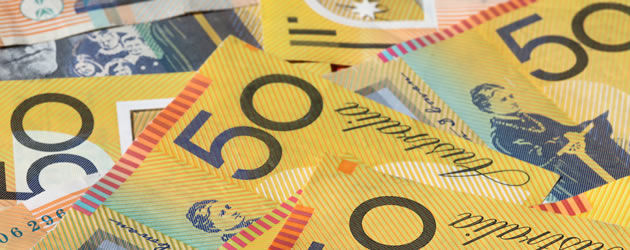The Euro to Australian Dollar (EUR/AUD) exchange rate strengthened more than 0.40% on Friday morning.
The Euro to Australian Dollar (EUR/AUD) Exchange Rate Hit A Session High Of 1.4681
More disappointing data out of the Land Down Under kept the Australian Dollar weaker against the Euro and sent it sliding to the 76 cents level against the US Dollar.
According to a survey released by the Australian Industry Group (AIG) and the Housing Industry Association, activity in Australia’s construction sector contracted again last month, adding to worries over the health of the Trans Tasman economy.
The Performance of Construction Index came in at 47.8, a slight improvement on April’s reading of 47.0 but below the 50 level which divides contraction from expansion.
‘The recent bright spots of the construction sector house and apartment building both dimmed in May. This weighed on a broader construction sector already hamstrung by the structural retreat of engineering construction and a flat commercial construction sub-sector,’ said Peter Burn, AiG director of public policy.
The Australian Dollar was also weakened by the dire domestic economic data released in the previous session and as economists turned their attention to the release of eagerly anticipated jobs data out of the US.
The currency flew sharply on Thursday following the release of data which showed that Australia posted its biggest trade deficit on record and after retail sales failed to increase in April.
If today’s US nonfarm payrolls data beats economists’ forecasts we can expect the ‘Aussie’ to weaken further as signs of a strengthening US economy will increase pressure on the Federal Reserve to hike interest rates, a move that will put significant pressure on emerging and commodity based assets.
Euro (EUR) Exchange Rate Supported
The Euro meanwhile received support from data which showed that German factory orders increased more than expected in April. Factory orders increased 1.4%, an improvement from the revised figure of 1.1% seen in the previous month. The figure beat expectations for a 0.5% rise.
Also supporting the single currency was a reduction in worries over the situation in Greece despite Athens showing its defiance and rejecting a deal offered by its international creditors.
Investors are forecast to remain cautious after Greece told the International Monetary Fund (IMF) that it would delay a debt payment of about $339 million due Friday, submitting a request to bundle payments totalling about $1.7 billion due this month into one payment.



